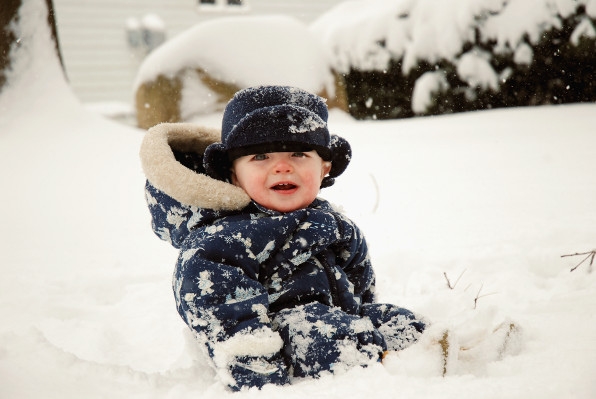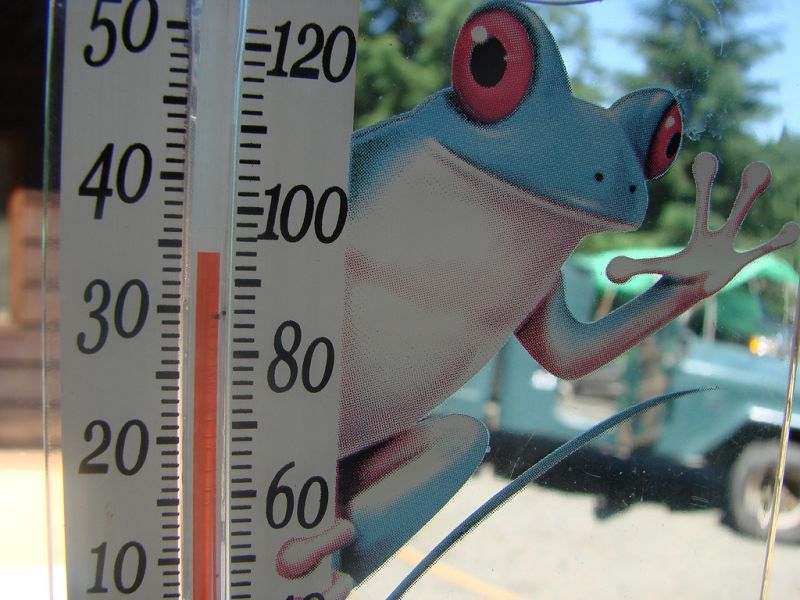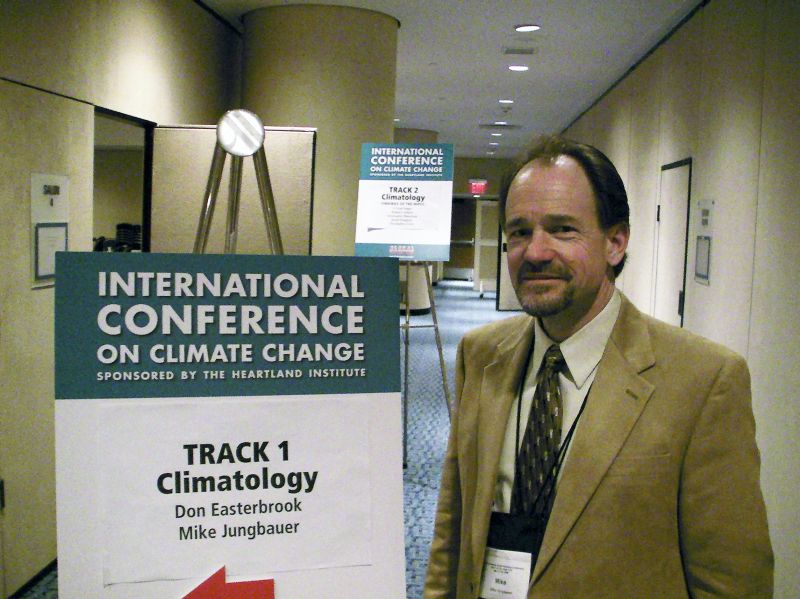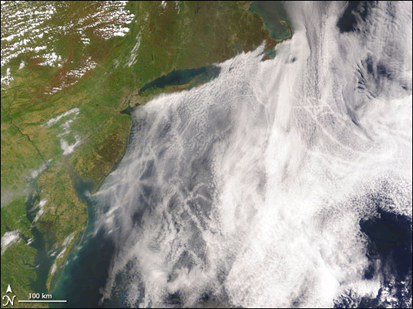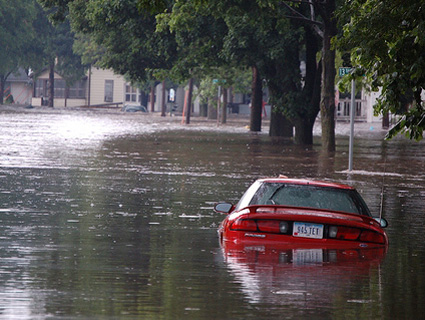
<a href="http://www.flickr.com/photos/usgeologicalsurvey/2593473375/">U.S. Geological Survey</a>/Flickr
If you’ve noticed a flood of news about severe weather this year, don’t chalk it up to coincidence, the Rapture, or your overactive imagination. What we’re seeing is climate change at work, according to research released by the Pew Center today. The paper, titled “Extreme Weather and Climate Change: Understanding the Link, Managing the Risk,” lays out the science plainly. From the paper’s introduction: “Is global warming causing more extreme weather? The short and simple answer is yes.” As our world warms (in 2010, more nations reported record high temperatures than ever before), the planet is at higher risk for deadly heat waves, extreme precipitation, and flooding. So far, the weather this year does not bode well for the future—if temperatures continue to rise, these events will only become more common.
Is this new information? Sort of. Scientists who used to hesitate to link individual incidents of severe weather to climate change are now arguing it is risky—nay, dangerous—not to do just that, especially considering the increasing frequency. Understanding these weather events—vast flooding as close as North Dakota and as far away as Australia, a violent tornado season, wildfires of unprecendented scope and size in Texas—might be the key to protecting ourselves and future generations, write the paper’s authors, Daniel G. Huber and Jay Gulledge. They wrote:
Individual weather events offer important lessons about social and economic vulnerabilities to climate change. Dismissing an individual event as happenstance because scientists did not link it individually to climate change fosters a dangerously passive attitude toward rising climate risk. The uncertainty about future weather conditions and the inability to attribute single events to global warming need not stand in the way of action to manage the rising risks associated with extreme weather.
Therein lies the key: Dismissing these weather events as one-off flukes will get us nowhere; planning will. “The extreme weather that the U.S. has experienced in 2011 should cause all Americans, and especially our elected leaders, to think long and hard about the risks posed by climate change, and about what we can do to minimize those risks,” said Eileen Claussen, President of the Pew Center on Global Climate Change, in a press release. “We need to move past asking whether extreme weather is caused by climate change and start figuring out how to protect ourselves in a future when these events become both more severe and more common.”
How do we prepare? The first step is getting the world on board with idea that this risk is real, present, and will only grow—which will probably prove to be the most challenging part. As detailed in this earlier MoJo post, the GOP has worked to defund a slew of programs that include the word “climate” in the title—it might take more than, you know, science to change their minds. The next step, according to Huber and Gulledge, is a combination of lowering green house gas emissions (duh) and preparing for unavoidable change in climate. While the paper doesn’t outline specific examples of this (levees that stop water? Just thinking out loud here), it assures us accepting the premise “climate change = bad weather” is a good place to start.

